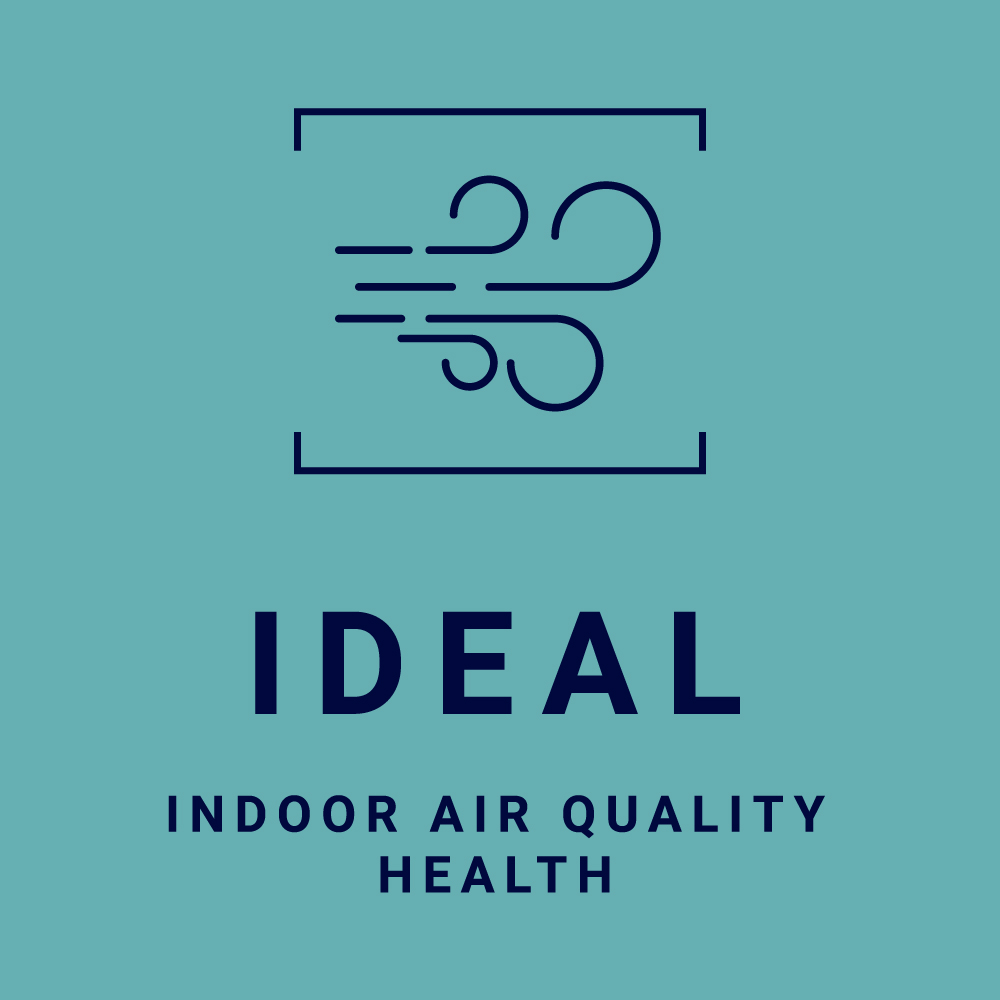We are excited to share new insights from the InChildHealth project, which is conducting a comprehensive epidemiological study across three major European cities: Helsinki, Barcelona, and Copenhagen. This study aims to explore the impact of indoor air quality in schools on children’s health, focusing on conditions such as respiratory infections, asthma, allergies, as well as neurological and cognitive outcomes.
Indoor air quality has a profound effect on the health and well-being of schoolchildren, and this research will help to identify key factors that influence health in educational environments. By examining these effects in diverse urban settings, the InChildHealth project aims to contribute to the development of strategies that improve indoor environments for children across Europe.
Check out our new epidemiological study page to learn more about the epidemiological studies carried out in Denmark, Finland and Spain.
Also, we are pleased to highlight our latest scientific publication, which discusses the importance of analytical methods in detecting air pollutants. The study specifically focuses on the analysis of semi-volatile organic compounds (SVOCs) using GC–MS/MS technology. Understanding the presence and concentration of these pollutants is essential to ensuring safer and healthier indoor air.
You can read more about this methodology and access our full range of publications by visiting this link.





